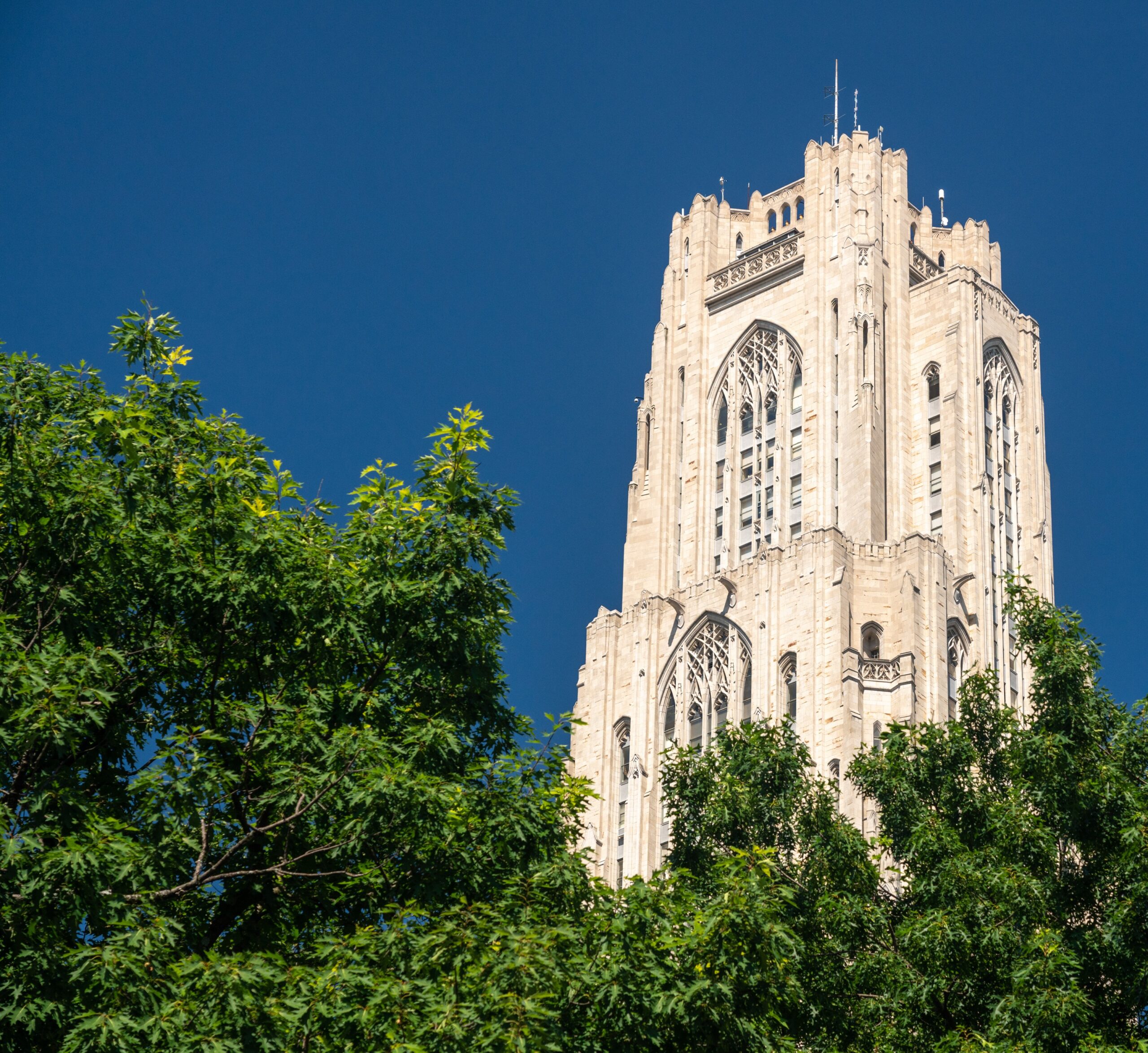Survey

Students & Parents | Freedom of Expression
Campus Experience Survey: An Assessment of University of Pittsburgh Students
October 30, 2024 Download PDF
Introduction
The University of Pittsburgh’s (Pitt) website states, “We are recognized as one of the most innovative universities in the world. We invent the paths of the future and forge ahead.” But when it comes to promoting free expression and a plurality of views on campus, Pitt’s future looks bleak.
Based on the responses of 482 undergraduate students collected from May to August 2024, the following report from the American Council of Trustees and Alumni (ACTA) and College Pulse shows that Pitt students are highly inclined to self-censorship. Students also express troubling levels of intolerance for different points of view. These problems often become measurably worse from freshman year to senior year.
Ideological differences in the student experience at Pitt are pronounced. Conservative students self-censor much more frequently than liberal students, and liberal students are much more intolerant of different ideas than conservative students. Pitt students need serious help to understand the value of free expression, but most of them report receiving no training from the university on free speech policies. Many students want greater political diversity among the faculty, but Pitt does not hire with this need in mind. As our survey results make clear, Pitt has serious problems with free expression and viewpoint diversity that it must address if it wants to invent a future in which its students can truly thrive.
Next Steps
University of Pittsburgh students, faculty, administrators, and trustees should carefully consider the findings in this report. University leadership must take action to cultivate a campus culture that honors and promotes free expression and viewpoint diversity. The best place to begin this crucial work is by reviewing and adopting ACTA’s Gold Standard for Freedom of ExpressionTM, which provides 20 specific policies and practices that Pitt can implement to protect and promote the broad spectrum of ideas that so enrich student learning and benefit our society.
WHO WE ARE
Launched in 1995, we are the only organization that works with alumni, donors, trustees, and education leaders across the United States to support liberal arts education, uphold high academic standards, safeguard the free exchange of ideas on campus, and ensure that the next generation receives an intellectually rich, high-quality college education at an affordable price.
Discover MoreSTAY INFORMED
Sign up to receive updates on the most pressing issues facing our college campuses.